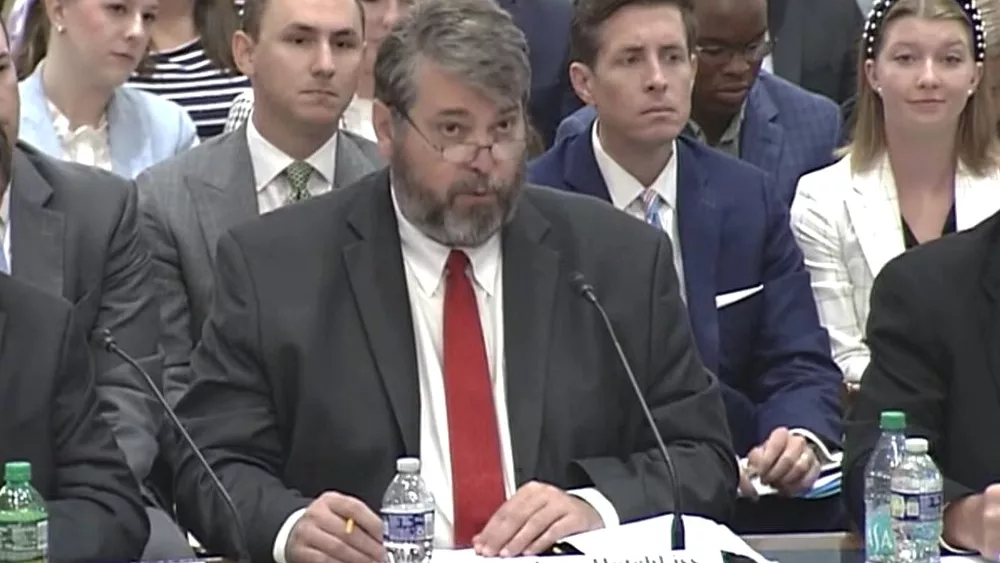
The Black Sea Grain Deal was extended this week for another two months despite reports that Russia wanted the deal to end.
“The Black Sea green corridor deal is a deal between the UN, Russia, Ukraine and Turkey, and it basically allows Ukraine to export grain via the Black Sea without interference from wartime efforts,” says Veronica Nigh, Senior Economist with the American Farm Bureau. She adds the agreement allows Ukraine to export commodities vital to global food security.
“The first grain deal was struck in July 2022. Since then, there have been multiple extensions. Over that time period since July of last year, more than 30 million tons of ag commodities have been exported.”
Nigh says the heart of Russia’s reluctance to continue the agreement stems from the country’s issues in exporting its own food and fertilizer.
“They want Western countries to remove the obstacles to the export of Russian grain and fertilizer. The West’s argument is that food and fertilizers aren’t subject to sanctions, but the Russians are quick to point out that there’s other obstacles related to financing, logistics, transportation and insurance of Russian exports which have remained and have grown tougher since the invasion in February ’22.”
Without the agreement, Nigh says, food security would be an issue for some countries.
“When we look at where their shipments are going, it becomes really clear that transportation costs make it so that Ukrainian products are less expensive in parts of the world that it takes a lot of time to get a crop from some other part of the world to that destination. So, continuing to have shipments from Ukraine is really important from a food security standpoint on a global level.”
The United Nations called the deal extension “good news for the world.” The news came one day before Russia could have quit the deal because of those obstacles exporting their grain and fertilizer.
Source: NAFB News Service





